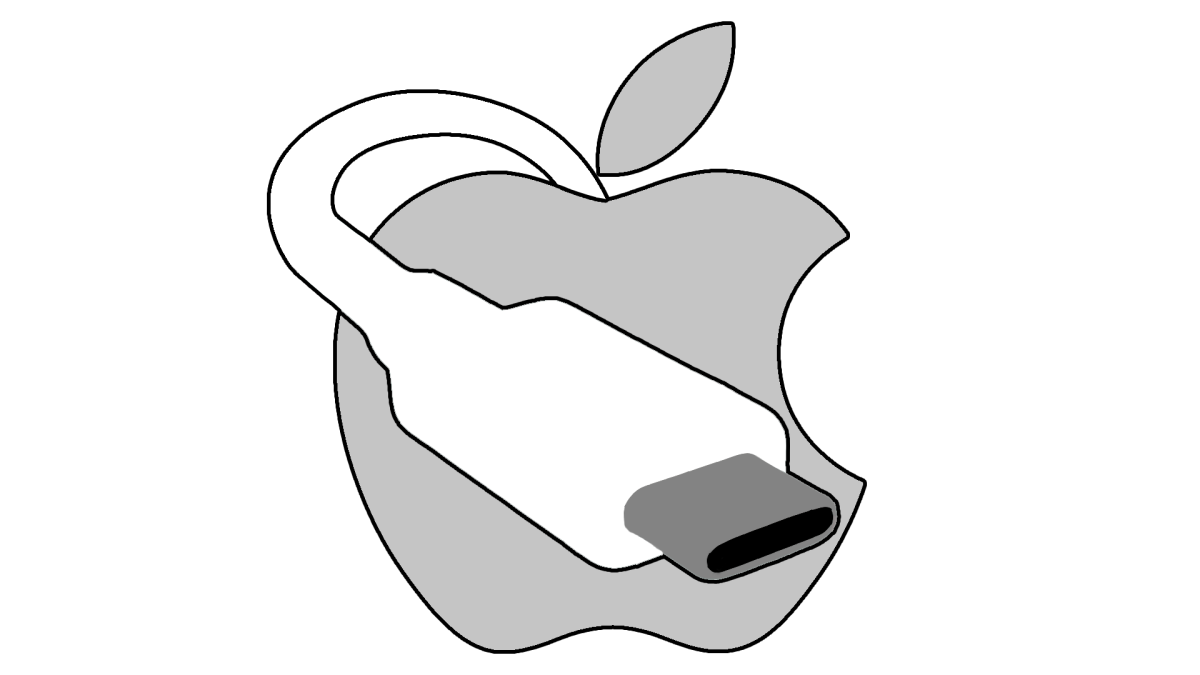For the first time since Newton, an Apple has spearheaded human innovation into a new age. With the release of the iPhone 15, Apple introduces a revolution in charging for people who have never seen laptops, tablets, video game consoles, Android phones, most earbuds and practically any desktop computers made in the last eight years.
“Android manufacturers have scrambled to respond,” Apple engineer Jason Ferner said. “In fact, they have seen our adoption of the connector as such a threat that they have been using it for years now in anticipation.”
This new move by Apple does not have anything to do with the European Union’s recent ruling that all smartphones must use USB-C by 2024, according to Apple’s Vice President of iPhone Marketing Kaiann Drance.
“Now the same cable can charge Mac, iPad, iPhone and even AirPod,” Drance said. “We have always wanted this for our consumers. By trying everything to prevent the mandate from passing, we were merely testing the regulators to make sure all loopholes were closed.”
“I’ll finally be able to ask for a charger in class without having to specify that my phone can use the same one as laptops,” Android user junior Trevor Nurdie said. “Then I’ll know when people say they don’t have a charger, but actually do, they aren’t confused but just actively don’t want me to use their charger.”
The iPhone 15 Pro will be a step above the regular iPhone 15, using USB-3.2 speeds for data transfer over USB-2.0 — the older standard will be found on the regular model, which starts at $800.
“The iPhone 15 Pro will come with a data transfer speeds 17 years newer than the base model,” Darner said. “We couldn’t stand our professional users using a connection standard that came out in 2000. Again, we at Apple are expanding the limits of what is possible for a phone.”
With this new move towards parity between iPhones and Androids, Apple still wants to make sure that its users and their data can stay safe. At Apple, customer security and an openness to innovation are the driving factor for decisions.
“We will never open up iMessage to Android, It’s too effective at pressuring people to buy iPhones to stay connecte—I mean, for security reasons,” Apple Fellow Phil Schiller said. “Unless we are mandated to, of course, in which case, we always wanted to do so.”










